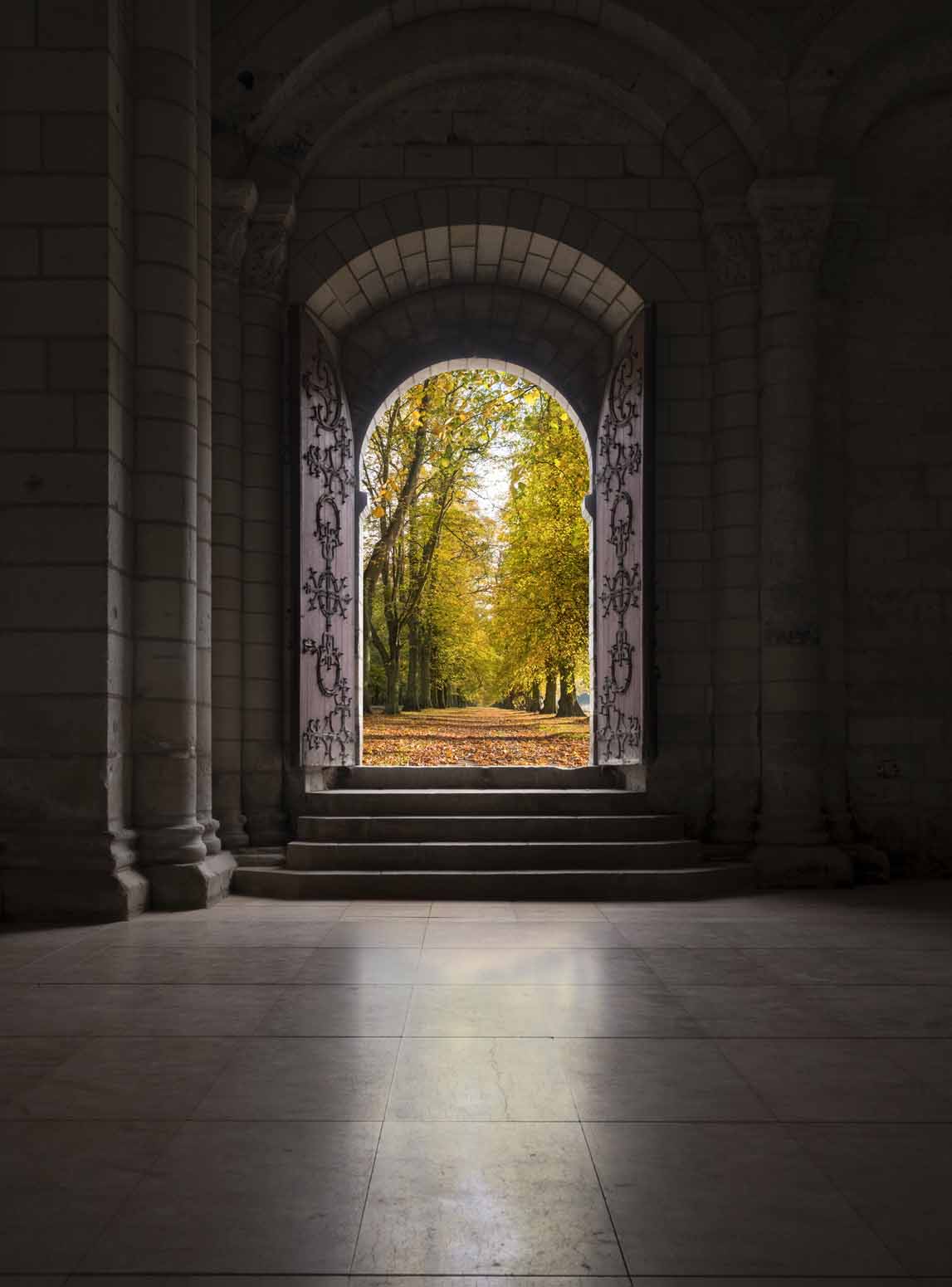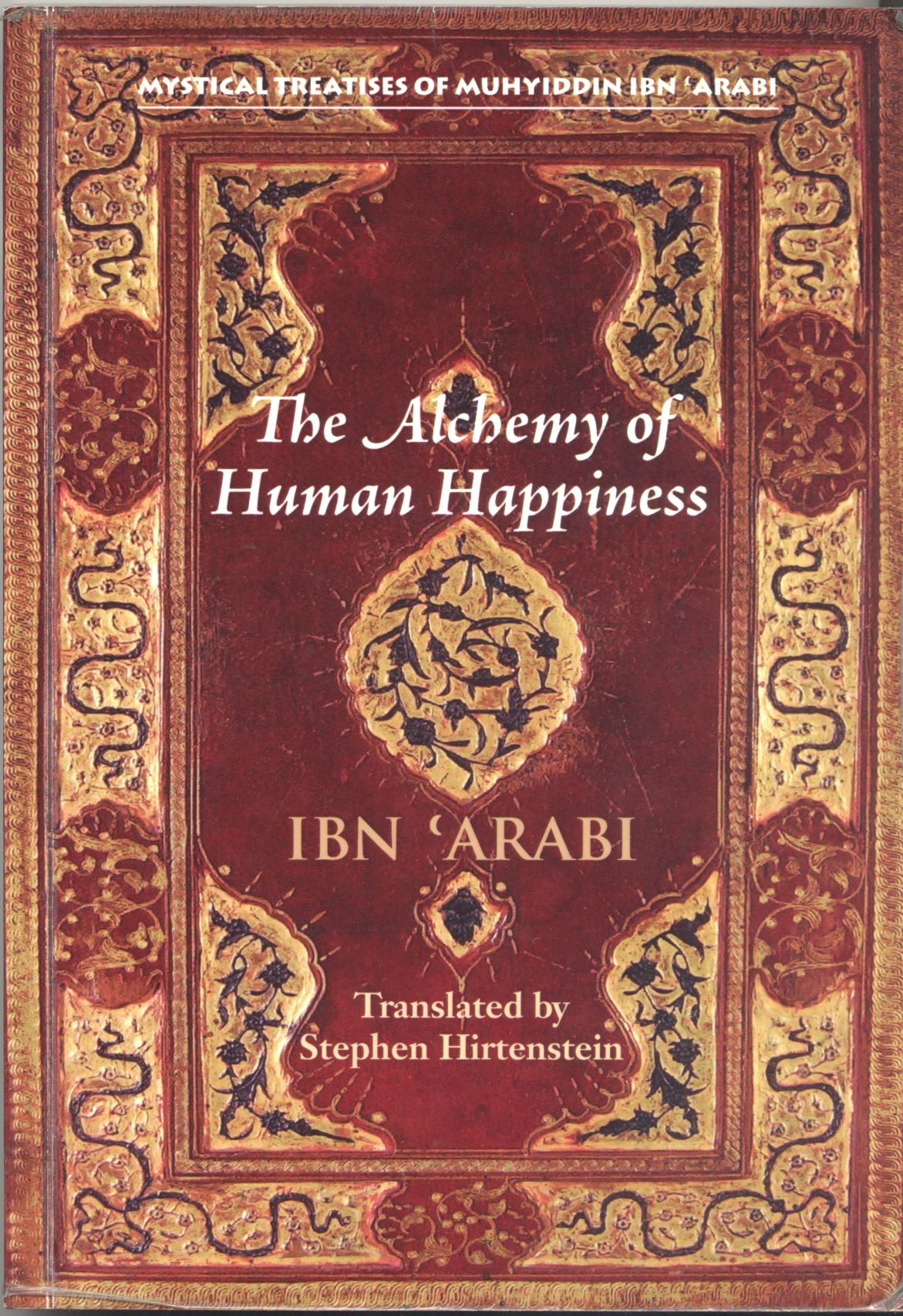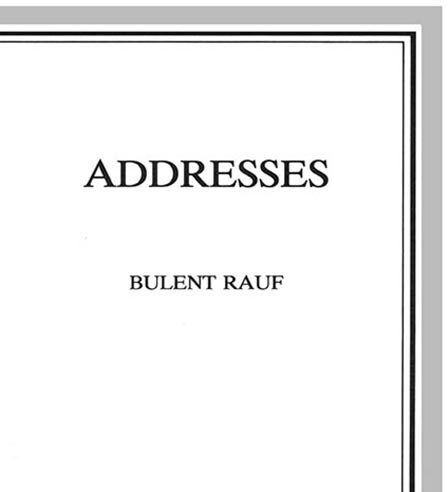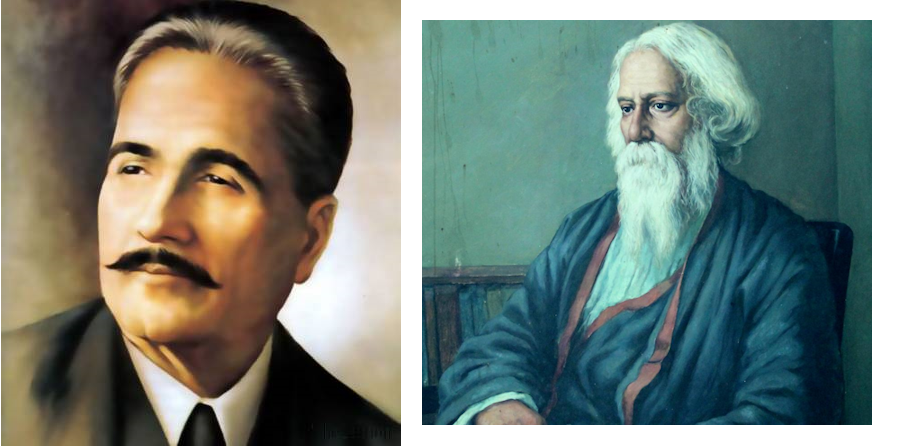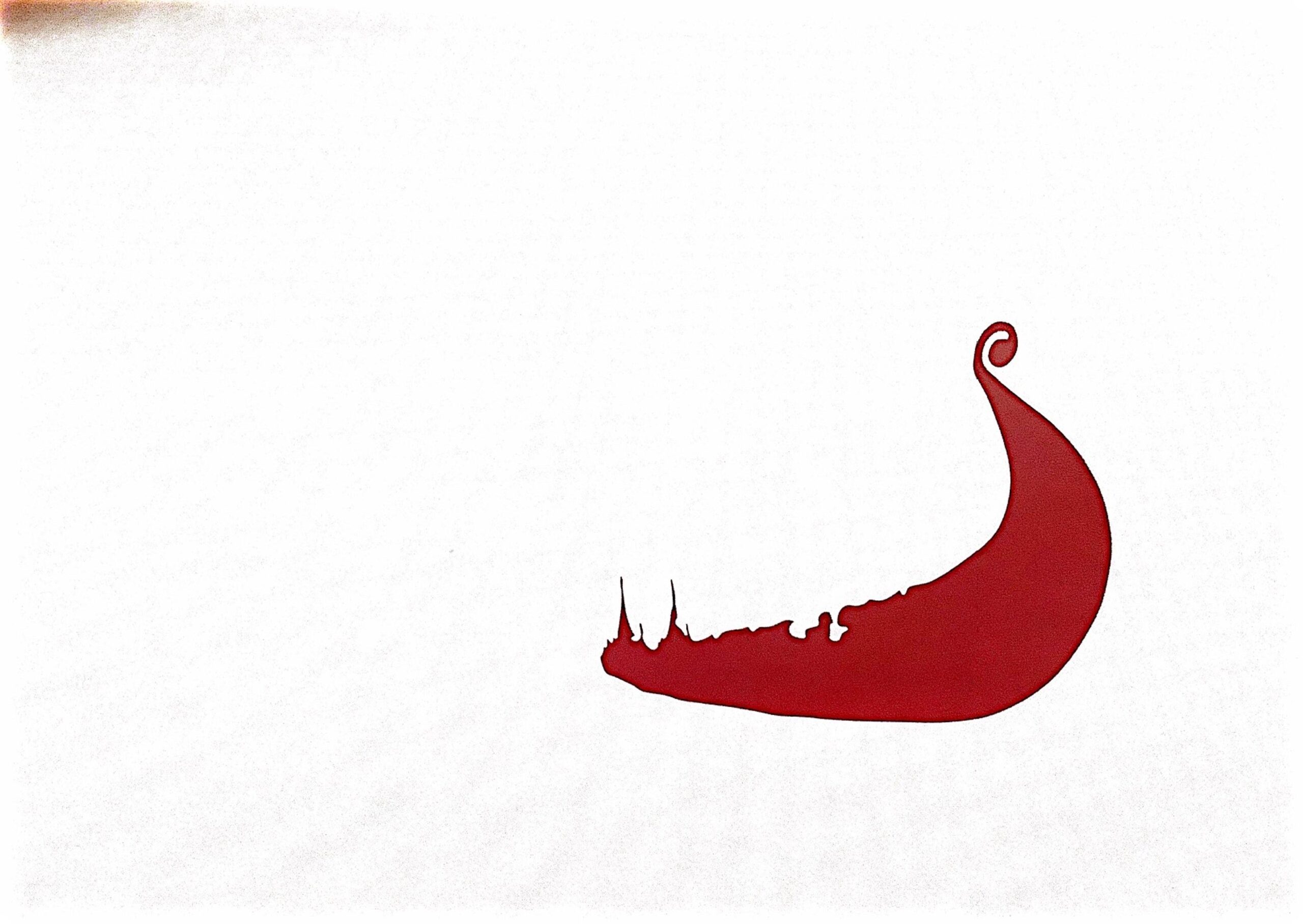The Text as Teacher
June 11 – 19, 2016
A one-week residential course studying Rumi’s Masnavi, led by Prof. Alan Williams
Course Description
This course starts from the premise that in the text of theMaṡnavi is the presence of the teacher. Attention to this presence is crucially important for the reader to understand this long and profound text, written over 750 years ago in Persian. Reading it today in English requires just as much attentive application as Rumi’s disciples would have had to dedicate to it – whether they were listening to their Master, Mevlana/Mowlānā, in person or studying it in private in the Mevlevi seminary.
Traditionally in Mevlevi practice the Maṡnavi was an advanced course of study, for more intermediate and mature students of the gnostic path. Now, in the contemporary, globalized context, it is all the more important to read the text with the fidelity such as is demanded by an autograph musical score, that is, one that can be realised in performance only by attending meticulously to the direction the author has inserted in the text.
We shall learn how to follow Rumi’s direction of the text, in both the senses of thetrajectory and the guidance, of where the text is going and what is being given. To do so is to open up the beauty, power and serenity of the Maṡnavi. The presence of the teacher can be discerned from the first page, as the reader is welcomed and befriended: access between the imagination of the author and reader of the text is thus opened up, and the address remains entirely personal, simultaneously directed to the reader’s ‘you’ and offered to the divine ‘You’.
There are many ways in which Rumi speaks in the Maṡnavi, described as an octave of voices, or registers, of address in the work (see the Introduction to my translation of the first book of theMaṡnavi, Spiritual Verses, Penguin 2006, xiii-xxxv, and in the Mawlana Rumi Review, vol. 4, 2013, Archetype, 50-83 ). On this course we will learn to recognize each in turn and simultaneously, thereby allowing the reader to gain greater access to the text.
Course Structure
This course will be led by Alan Williams and will run as a one-week residential seminar. After an initial day of introduction and preparation, days 2-6 will comprise morning and afternoon study sessions while the evenings will be given over to more practical, experiential activities. The final day will be set aside for conclusions and reflections.
The learning aspect of the course will be the focus of the daily study sessions. Typically they will begin with a short introductory talk in the morning, followed by intensive group study of a passage. These morning and afternoon study sessions will each last two hours. The work of reading the text will be shared as participants will be asked to speak out the poetry from the Maṡnavi in sections. While reading the text, you will note verses of difficulty for discussion afterwards.
At the end of each session, following discussion, you will be given a series of exercises to complete. These exercises are for the free time around the study sessions, and will be, hopefully, enjoyable creative activities, carried out individually and in small groups. They will include outdoor activity in the beautiful grounds of the Chisholme estate.
The evening sessions will be varied and will centre on the theme of listening. They will include, among other things, listening to the results from the creative exercises, listening to music, and listening to the performed spoken word.
Summary
The course focuses on:
– Understanding the Maṡnavi as a teacher-text;
– Understanding the Maṡnavi in 13th and 21st century context;
– Seeing the Maṡnavi in relation to the perspective of unity (it is not intended merely as a course of academic curiosity);
– Reclaiming Rumi and rescuing the Maṡnavi from antiquarian and sectarian obscurity.
Fees
The course fee of £420 includes full board and eight nights accommodation beginning with supper on Saturday 11 June. A deposit of £60 is required to ensure your place on the course. This will be returned if your application is unsuccessful. Please also note that the remainder of the course fees needs to be paid in full, before arrival. We try to ensure that people are not excluded for financial reasons and so may be able to offer a reduced course fee to those who need it.
The course is fully residential.
Application
Applicants will be accepted on this course at the discretion of the Principal. No previous knowledge of the Maṡnavi will be presumed, but successful applicants will be asked to read a very minimal amount of introductory material beforehand. Places are limited, so early application is advised.
To apply, please write to secretary@chisholme.org or call ![]() +44 (0)1450 880215 to book.
+44 (0)1450 880215 to book.
Course Facilitator
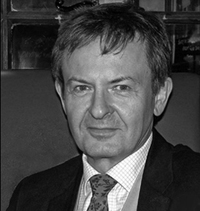 Alan Williams is British Academy Research Professor and Professor of Iranian Studies and Comparative Religion at the University of Manchester. His publications include books and articles ranging from Zoroastrianism to Classical and Modern Persian literature, via Translation Studies and Comparative Literature. He is currently contracted to publish all six volumes of the Maṡnavi with I.B. Tauris of London.
Alan Williams is British Academy Research Professor and Professor of Iranian Studies and Comparative Religion at the University of Manchester. His publications include books and articles ranging from Zoroastrianism to Classical and Modern Persian literature, via Translation Studies and Comparative Literature. He is currently contracted to publish all six volumes of the Maṡnavi with I.B. Tauris of London.

